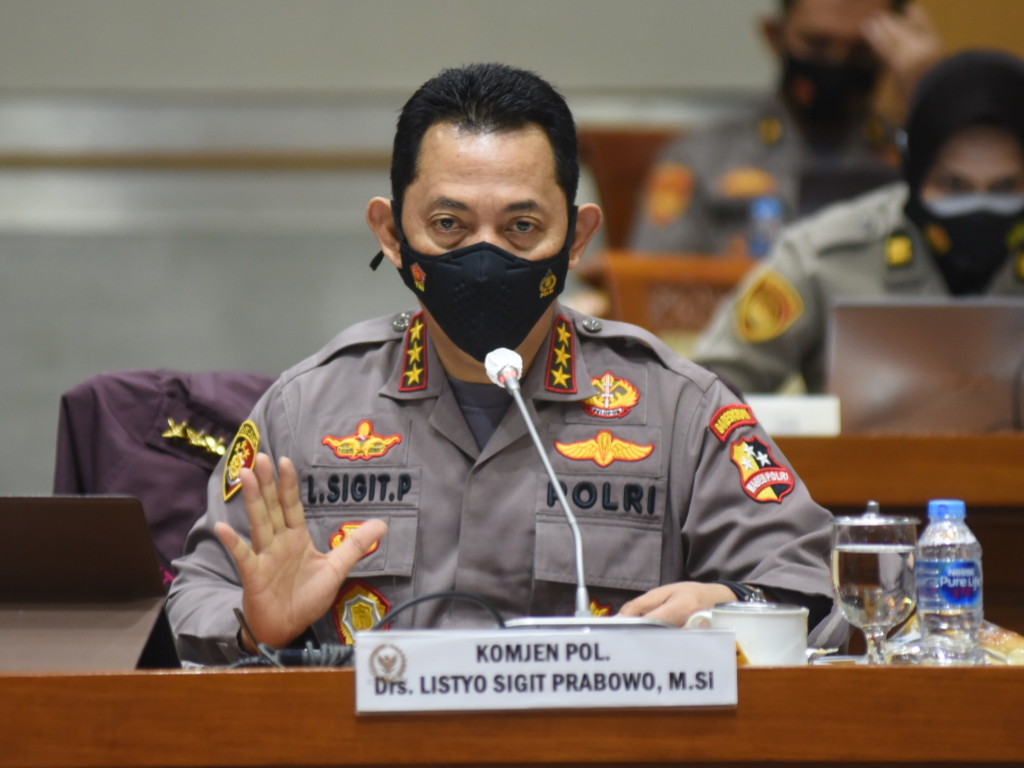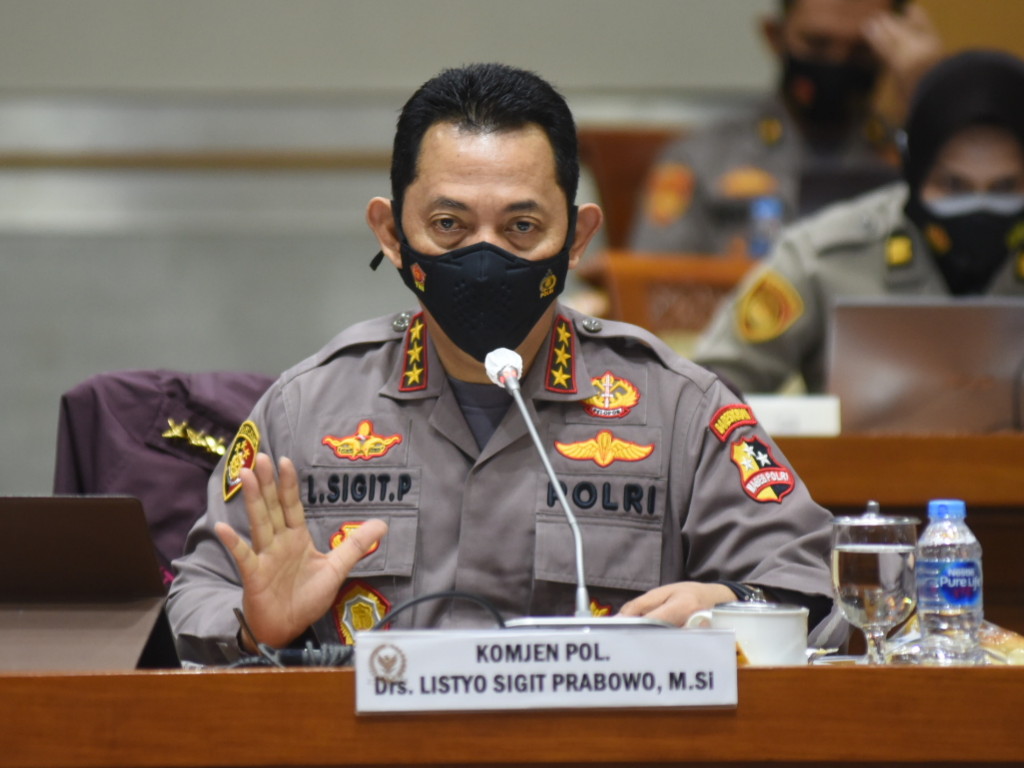Jakarta – On May 6, 2021, exactly 100 days of the journey of General Listyo Sigit Prabowo’s leadership in the police. Responding to this momentum, the Central GMKI through its General Chair, Jefri Gultom, argued that we cannot judge a person’s leadership performance with only the first 100 days, due to the wide geographic coverage area with varying complexity of problems, especially with the pandemic situation like now.
Jefri Gultom also said that many policies and breakthroughs within the National Police had not yet been fully realized due to the consideration of the Covid-19 crisis. However, the high hopes of the community from time to time remain the same, how the presence of the National Police provides legal certainty for all members of the community. This is because the law has been blunt upward and sharp downward.
However, GMKI appreciates and appreciates the efforts and initiatives of the National Police to innovate public policy during the three months of General Listyo Sigit Prabowo’s tenure.
So far, GMKI notes, the Head of Police’s breakthrough is the Virtual Police to improve service and performance through the digital ecosystem to the application of public surveillance of the police. So, in this case the sector police do not take care of criminal cases, encouraging the concept of dialogue through a cultural approach for Polsek to ensure public safety and order together with the opening of reading parks for the community in related Polsek.
National Police Chief Listyo Sigit Prabowo. (Photo: Special) In
fact, according to GMKI, he was able to build closeness with all elements of society across groups, religions, ethnicities and races. However, Jefri Gultom views that the most important thing when public policy innovation uses a digital ecosystem is that public communication management, both internally and externally, must be properly integrated.
Because the digital era, which is also known as the Post-Truth era, provides an opportunity for people to get caught up in hoaxes and fake news. This is a sign that the National Police institution not only innovates its policies but also approaches patterns and public communication through strengthening digital literacy and disseminating policies to make it right on target.
So that his goal is to make Polri a predictive, responsible and transparent institution or Polri Presisi can guarantee trust and hope for justice for all. In addition, we also appreciate the steps taken by the National Police Chief for being responsive to disaster events by increasing the synergy and solidity of the TNI-Polri, as well as collaborating with ministries / agencies to support and oversee government programs.
We cannot judge a person’s leadership performance by only the first 100 days, due to the wide geographic area coverage with the complexity of the problem also varies.
 Kapolri Listyo Sigit Prabowo.(Foto: Istimewa)
Kapolri Listyo Sigit Prabowo.(Foto: Istimewa)









